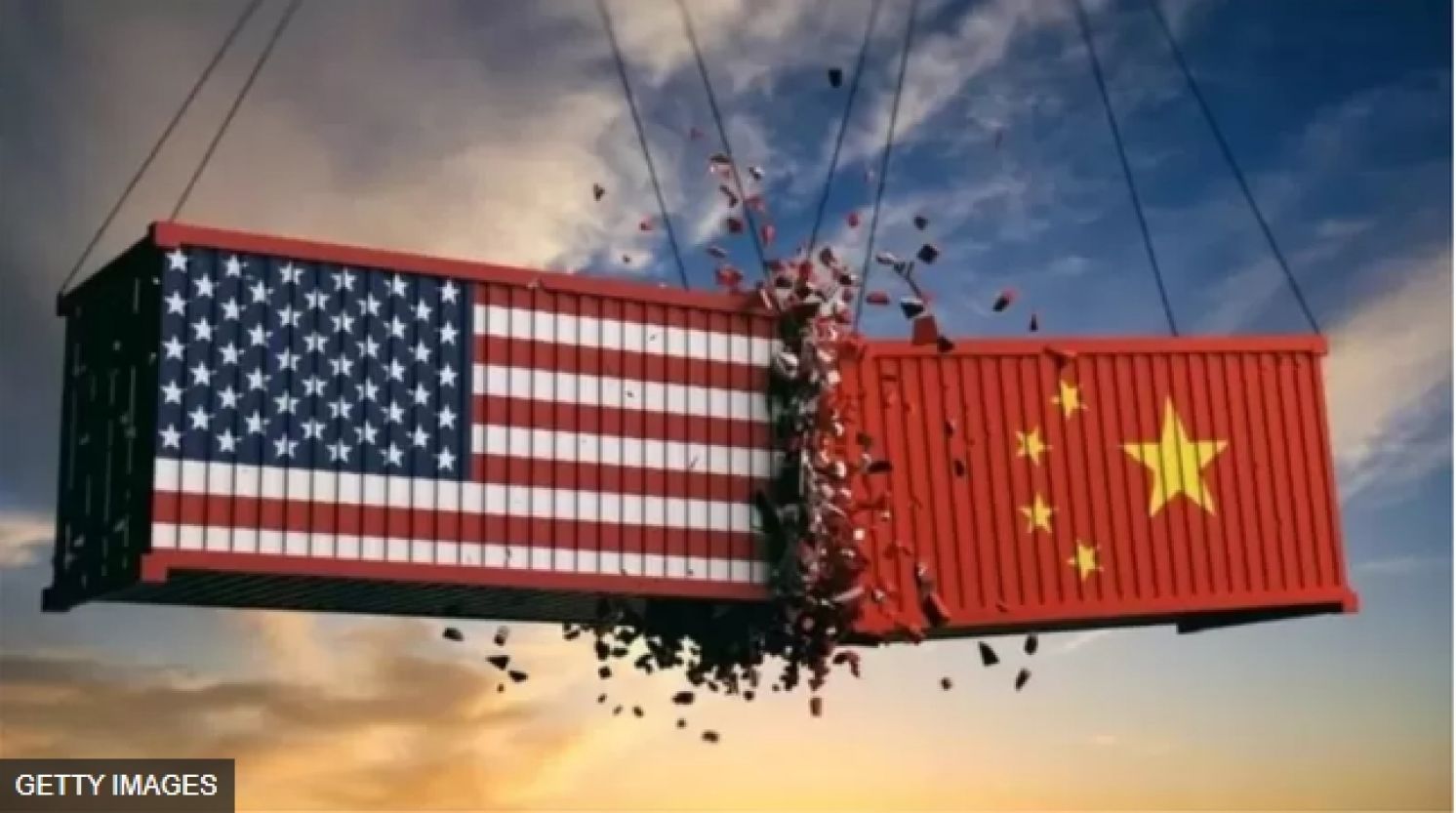
Be Careful of the Deep Waters Behind the Taiwan Policy Act
By Su Yung-lin
China Times, September 10, 2022
The Taiwan Policy Act, initiated in the United States by bipartisan lawmakers, is about to be considered by the Senate Foreign Affairs Committee. The Act lists Taiwan as “a major non-NATO ally,” proposes to change Taiwan’s representative office in the United States as the “Taiwan Representative Office,” and upgrades the status of the director of the American Institute in Taiwan to ambassadorial level. Those sensitive contents have drawn high concerns of White House National Security Advisor Jack Sullivan. Mr. Sullivan’s apprehensions were right, for the Taiwan Policy Act has a hidden motive beyond its wordings.
The entanglement between top American officials on the eve of Speaker Nancy Pelosi’s visit to Taiwan has revealed the tip of the iceberg of the delicate relationship between the administration and the Congress on their attitudes towards China. The recent public information clearly depicted the embarrassing situation of President Joe Biden that Pelosi’s insistence on visiting Taiwan gained the bipartisan support of the Congress. President Biden and his aides are well aware of the consequences of the trip, but they can do nothing—due to the separation of powers of the constitution. The administration can only “persuade” Speaker Pelosi not to go, but it cannot forbid the trip. Speaker Pelosi said that she could cancel the trip, only if Mr. Biden calls it off. This tantalizes shifting responsibility to the administration, leading to the turmoil in the Taiwan Strait in August.
Obviously, the Congress conducted sudden unintended acceleration in its China policy, regardless of the risks or long-term strategic stability was destined by the nature of American politics. The case in Taiwan is the same. Therefore, interpreting the controversy over Speaker Pelosi’s visit to Taiwan is actually tantamount to a “constitutional crisis” surrounding American diplomatic power. Now, the Taiwan Policy Act has once again pushed the contradiction between the U.S. government and the Congress to the brink of a constitutional crisis, which is why Mr. Sullivan expressed his concern. If the Congress insists on it, the Biden administration will eventually lose control of it, albeit trying to obstruct it by technical means.
Mr. Sullivan’s reasons for being concerned about the Taiwan Policy Act are very clear. On the surface, the Act may change the “One China” policy. On the other hand, it’s contrary to the Biden administration’s current “Four ‘No’s and One unintentional” (not seeking a new Cold War, not aiming to change China’s system, not seeking an alliance to target at China, not supporting Taiwan independence, and no intention to have conflict with China) policy toward Beijing. Although the “Four ‘No’s, One Unintentional” is only a unilateral statement by mainland officials, and it is suspected of a “cognitive warfare,” but judging from the Biden administration’s displeasure of the trip as well as Sullivan’s worries, the “Four 'No's, One unintentional” do exist, and that ties the hands of the American executive branch.
In this way, the essence of the Taiwan Policy Act is becoming abundantly clear: the Act is without doubt aimed at supporting Taiwan and the normalization of Taiwan’s status as a country, but it is essentially a declaration of war for a head-on confrontation between the United States and China. Recently, there is a sensational claim circulating in the international public opinion circle: to drag the Chinese Communist Party down and achieve regime change. Obviously, the optimal “battlefield” is in Taiwan. Therefore, almost every article of the Taiwan Policy Act contradicts with the Biden administration’s position on China, and also runs counter to the U.S. mainstream strategic circle’s “managing and controlling conflicts through competition.”
The Taiwan Policy Act will not only be another constitutional crisis in which the executive branch will compete for diplomatic power with the Congress, but also a showdown between the “mainstream” and “non-mainstream” policy towards China. To the situation in the Taiwan Strait and politics on both sides, the Act may bring with it subversive consequences. Taiwan must be extremely careful of the development.
From: https://www.chinatimes.com/newspapers/20220910000401-260109?chdtv